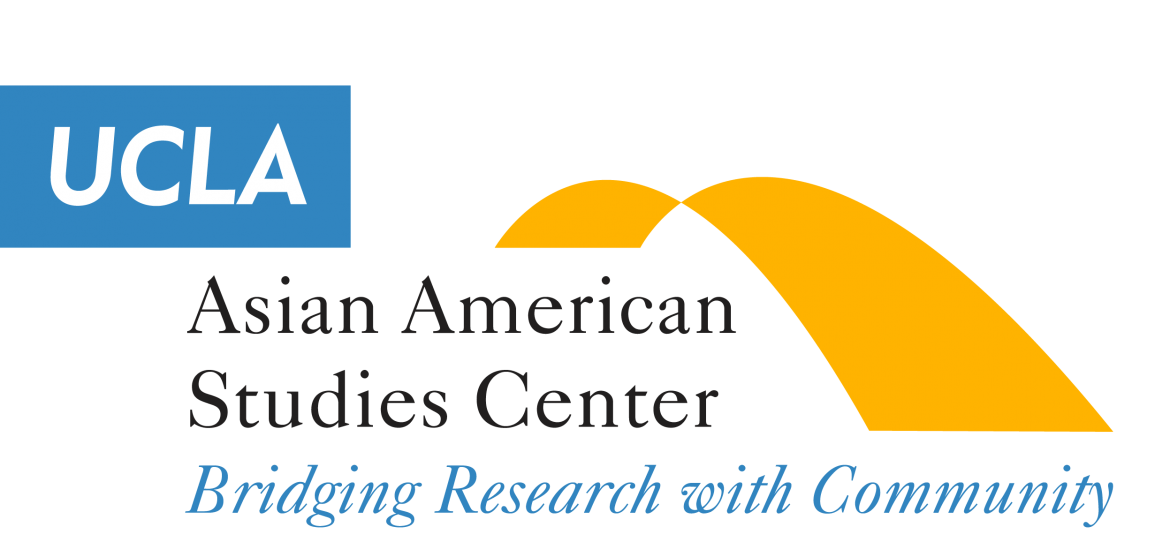
 Now, that we have a research question, let's translate it into specific keywords to look for evidence that will help us analyze our research question.
Now, that we have a research question, let's translate it into specific keywords to look for evidence that will help us analyze our research question.
Start by reviewing all the sections of Keywords (>), and the two videos shared below.
Image by cocoparisienne, free for commercial use.

Once you have pulled out your first set of keywords, it is helpful to brainstorm synonyms and other related words. Synonyms are words that have the same or similar meanings. Often, the words that you are using to think about your topic are not the same as the words that the authors use in their works.
Related words don’t mean same thing as your topic keywords but they represent related concepts.
Remember our sample gender related question: Why do women earn less than men?
Some related words might be:
None of these words appear in our original research question but they represent related ideas that could make effective keywords. Adding synonyms and related words to your database searches can help you find more sources that discuss your topic.
Credit:
Text adapted from the “ Identifying Keywords ” tutorial from the Austin Community College Library Services Online Tutorials (Links to an external site.)

Pretend you are eating a chocolate chip cookie.
As you eat the cookie, you may be thinking about how crunchy the cookie is. Or maybe that it is chewy or chocolate-y and has raisins in it. Crunchy, chewy, and chocolate-y are all words that describe the cookie.
Keywords are words that describe your topic.
Like the cookie, some of the words you would use to describe your topic will come from the topic itself. But you will also discover other words that can describe your topic as you begin to break it apart.
Credit:
Image by Steven Giacomelli from Pixabay
Text adapted from the “ Identifying Keywords ” tutorial from the Austin Community College Library Services Online Tutorials

When you search the Internet, you can type an entire sentence, question, or phrase into a search engine like Google. Google can then pick out the important words. This is called a natural language search.
Library databases and catalogs do not work the same way as Google. Natural language searches in library databases are rarely successful. Keyword searches work best in library databases. So it’s up to you to select keywords before you search.
Credit:
Image by Wokandapix from Pixabay
Text adapted from the “ Identifying Keywords ” tutorial from the Austin Community College Library Services Online Tutorials

Your I-Search paper requires you to answer various questions about a topic related to race or gender so you'll likely want to run multiple searches to answer all the individual questions, changing your keywords depending on the information you're trying to find.
If your research question is: Why do women earn less than men?
Think about which words best describe what you are looking for.
Then your keywords could be:
Credit:
Image by Ernesto Eslava from Pixabay
Text adapted from the “ Identifying Keywords ” tutorial from the Austin Community College Library Services Online Tutorials

Once you have pulled out your first set of keywords, it is helpful to brainstorm synonyms and other related words. Synonyms are words that have the same or similar meanings. Often, the words that you are using to think about your topic are not the same as the words that the authors use in their works.
Related words don’t mean same thing as your topic keywords but they represent related concepts.
Remember our sample gender related question: Why do women earn less than men?
Some related words might be:
None of these words appear in our original research question but they represent related ideas that could make effective keywords. Adding synonyms and related words to your database searches can help you find more sources that discuss your topic.
Credit:
Text adapted from the “ Identifying Keywords ” tutorial from the Austin Community College Library Services Online Tutorials (Links to an external site.)

Pretend you are eating a chocolate chip cookie.
As you eat the cookie, you may be thinking about how crunchy the cookie is. Or maybe that it is chewy or chocolate-y and has raisins in it. Crunchy, chewy, and chocolate-y are all words that describe the cookie.
Keywords are words that describe your topic.
Like the cookie, some of the words you would use to describe your topic will come from the topic itself. But you will also discover other words that can describe your topic as you begin to break it apart.
Credit:
Image by Steven Giacomelli from Pixabay
Text adapted from the “ Identifying Keywords ” tutorial from the Austin Community College Library Services Online Tutorials

When you search the Internet, you can type an entire sentence, question, or phrase into a search engine like Google. Google can then pick out the important words. This is called a natural language search.
Library databases and catalogs do not work the same way as Google. Natural language searches in library databases are rarely successful. Keyword searches work best in library databases. So it’s up to you to select keywords before you search.
Credit:
Image by Wokandapix from Pixabay
Text adapted from the “ Identifying Keywords ” tutorial from the Austin Community College Library Services Online Tutorials

Your I-Search paper requires you to answer various questions about a topic related to race or gender so you'll likely want to run multiple searches to answer all the individual questions, changing your keywords depending on the information you're trying to find.
If your research question is: Why do women earn less than men?
Think about which words best describe what you are looking for.
Then your keywords could be:
Credit:
Image by Ernesto Eslava from Pixabay
Text adapted from the “ Identifying Keywords ” tutorial from the Austin Community College Library Services Online Tutorials

Once you have pulled out your first set of keywords, it is helpful to brainstorm synonyms and other related words. Synonyms are words that have the same or similar meanings. Often, the words that you are using to think about your topic are not the same as the words that the authors use in their works.
Related words don’t mean same thing as your topic keywords but they represent related concepts.
Remember our sample gender related question: Why do women earn less than men?
Some related words might be:
None of these words appear in our original research question but they represent related ideas that could make effective keywords. Adding synonyms and related words to your database searches can help you find more sources that discuss your topic.
Credit:
Text adapted from the “ Identifying Keywords ” tutorial from the Austin Community College Library Services Online Tutorials (Links to an external site.)
To access these online resources, you will be asked to identify yourself as a member of the Merritt College community.



Newspapers report on events. Use them to know what is going on right now as well as how people viewed an event at the time it happened.


Take advantage of the dedication, knowledge, and inspiration freely shared.

